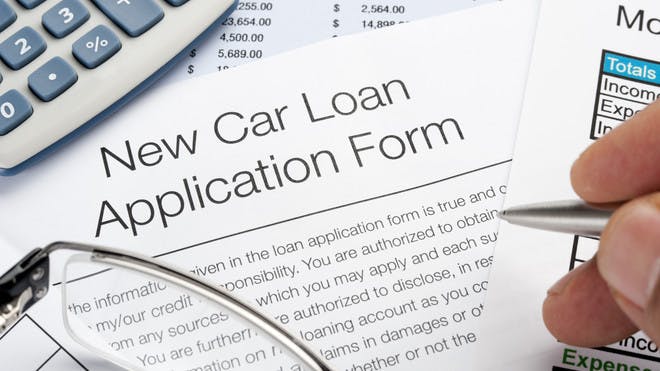What’s the best way to finance a new car?

Cash or credit, it’s the eternal conundrum. Using financing to fund a car purchase has overwhelmingly become the most popular option for car buyers – and there are plenty of different ways to do it.
Personal loan
If you want to buy a car and have a good credit rating, you should be able to take out a personal loan, which will allow you to spread out the payments over a number of years.
A personal loan is often the cheapest way to finance a car purchase, but you’ll have to shop around, to find the best annual percentage rate (APR) of interest.
One useful tip, when buying a car with funds from a personal loan, is to pay for part of it with a credit card. It doesn’t have to be much: £100 is enough. The reason for this is that the purchase is then covered by Section 75 of the Consumer Credit Act 1974, so the card company shares liability with the dealer if anything goes wrong.
Hire purchase
A hire purchase deal (HP) is the next most straightforward way of financing a car purchase.
With HP, you pay a deposit of around 10%, then fixed monthly payments over an agreed time. You won’t own the car until you’ve made the last payment.
These agreements are usually arranged by a car dealer and can be competitive for new cars, but less so for used ones. The repayment terms are often fairly flexible – from one year to five years – while the interest rates tend to be competitive, too. The credit on an HP agreement is secured against the car, so only the car can be seized if you default on payments.
Personal contract purchase
The personal contract purchase (PCP) is currently a very popular way to pay to drive a new car.
It’s similar to HP in many ways: the monthly payments tend to be lower, but the total amount of money you pay back is usually higher.
The main difference between a PCP and HP is that instead of borrowing the full cost of the car, you borrow the difference between its brand-new price and what it's predicted to be worth at the end of the hire agreement (usually two, three or four years). Basically, you’re paying for the depreciation.
At the end of the term you have three options.
The first is to just hand the car back. There will be no other costs, unless you’ve gone over the agreed mileage, or they detect any damage (and be warned, they usually can: you will be charged for the slightest mark or scuff to any part of the car).
Alternatively, you can keep the car, making a final ‘balloon’ payment, which could be pretty sizeable. The amount is based on the car’s guaranteed future value (GFV), which is set when you take out the agreement. The GFV is based on factors such as the length of loan, anticipated mileage and the car’s projected retail value.
After making the balloon payment, you can keep the car, or sell it yourself: you might want to do this if the car’s value is greater than the GFV, which means you might make some money out of it. It's not unknown, but it’s not guaranteed.
Your final option is to trade the car in against a replacement, using any equity in the car towards the deposit for your new car. Dealers and manufacturers are keen for buyers to do this, because it means they're retaining them as a customer.
Personal contract hire
Personal contract hire (PCH) is a form of leasing, where you pay a fixed monthly amount for the use of a car, as long as the mileage doesn’t exceed a specified amount.
At the end of the agreement, you hand the car back, because it never actually belongs to you.
The monthly payments for PCH deals are usually higher than those for PCPs, but the total cost can often work out cheaper.
Dealer finance
Dealers often offer their own finance packages as they try to squeeze more profit out of a sale.
You’ll need to do your research – and some maths – in order to get the best deal. Doing some homework online before walking into a showroom means that you can arm yourself with details on current, and even upcoming, deals from manufacturers, which could include features such as 0% interest and deposit contributions.
You’ll need to check the total amount you’ll have to pay back and then compare this to other deals on the market.
And don’t be afraid to haggle: dealer finance rates are often negotiable. And remember to always get a quote in writing, to ensure that the dealer sticks to it.
Make searching and staying updated even easier.